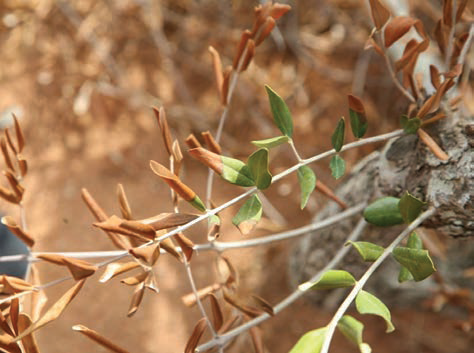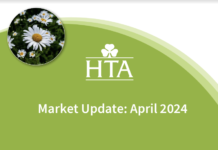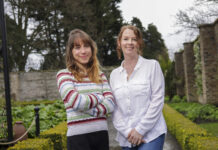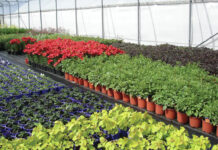Ronan Nangle reports for HC on his recent visit to a conference on plant health and biosecurity at Highgrove House in Gloucester in the UK.
The conference was organised in conjunction with The Royal Horticultural Society, Woodland Heritage, The Royal Botanic Gardens, Kew and The National Trust. It was hosted by Alan Titchmarsh and addressed by Lord Gardiner (the Parliamentary Under Secretary of State for Rural Affairs and Biosecurity), Professor Dr. Nicola Spence (Chief Plant Health Officer to the UK Government), the Secretary of State for DEFRA Michael Gove and HRH Prince Charles.
It brought together all sectors within the arboriculture, agriculture, forestry and horticulture industries and the assembled audience covered the owners and managers of many of Europe’s leading nurseries, UK importers, leading garden and landscape designers, foresters, contractors among others. The conference initially dealt with the threat we face in the area of plant health and biosecurity (particularly from Xylella fastidiosa) and then moved on to how we might address these issues and the actions we as an industry need to take.
In the first instance, it was agreed that a system of certification for nurseries is needed to ensure that all are implementing good practice in this area, particularly those that are exporting. Traceability on the supply chain right back to the source was also seen as essential so that in the event of any infection being discovered, the source of the outbreak can quickly be pinpointed and isolated.
The issue of border controls and quarantines was discussed but it was felt that these may not be that effective given the logistics involved and the fact that, for instance, Xylella fastidiosa can take up to 18 months to become evident.
All attendees further agreed that there needs to be much more information and education available to the industry as a whole and to the wider public. Effective communication and collaboration will be vital in combating any infections and more importantly in preventing any future outbreaks. A dedicated member of staff in every nursery and plant retail outlet should be trained and given responsibility for biosecurity within that organisation. Around this issue lies an opportunity for Irish nurseries in that if we can keep Ireland infection free and provide continued assurance to the UK market of this, there is potential to satisfy the demand for plants that are currently being filled from Europe. Within our own marketplace using Irish nurseries to select trees and plants increases our national biosecurity and lessens the risk of importing stock with Xylella, Chalara fraxinea, oak processionary moth or any of the other pests and diseases that are prevalent in parts of Europe. ✽








